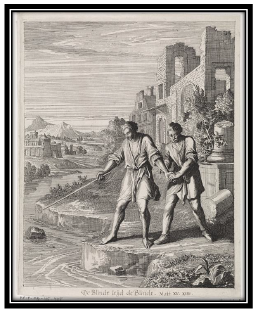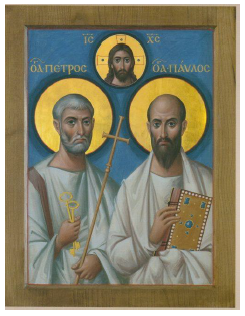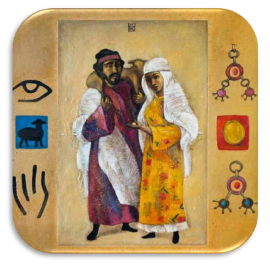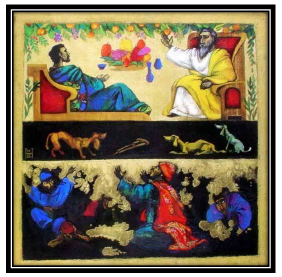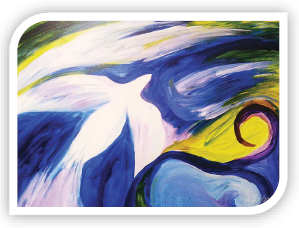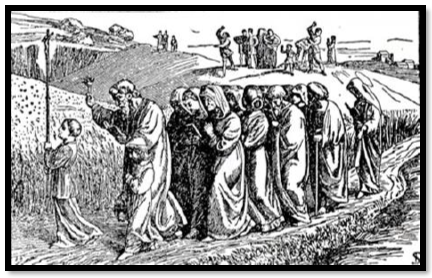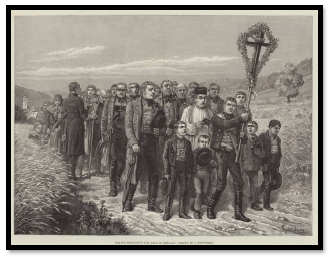Author: kyriss
The keys to the Kingdom
God still desires to seek the lost and join them at His table
Twice in today’s Gospel reading Jesus teaches, through perfect application of Law and Gospel, those who were grumbling against Him among themselves. They were doing so on account of His welcoming and eating with known sinners. He uses parables to reveal the divine doctrine that was behind His welcoming and having table fellowship with sinful people. The two illustrations Jesus uses, the first that declares a shepherd’s joy over finding a lost sheep, and the second that speaks of a householder’s joyous reaction when finding a coin she had lost, Jesus divinely uses to reveal the joy that God has whenever even one sinner repents of his or her sins and wills to turn from them. …For more, click on the title above.
Are you ready for the banquet?
The Tree of Life
God Lovingly Gifts to Man–the Man of Faith Responds in Love
For well more than five centuries, the Sunday Gospel readings drawn from the Evangelist Luke’s writings have annually been heard on the first five Sundays that follow the Feast of the Holy Trinity. The first three of those, beginning today, continue to declare a call to the hearers of God’s Word to be faithful in using the gifts God continues to give to them. …For more, click on the title above.
God is a cheerful giver
Today the Word of God has been heard. It is the same Word that, over history, in many human languages, the Holy Spirit has used to close out the Festival Half of the Church Year. Today’s Pentecost Feast brings to a fitting end the parts of the calendar that give to us the celebrations of the five Great Feasts of the Ancient Church….
For more, click on the title above
Jesus’ Word keeps His disciples from being triggered
Jesus’ words concerning all He had spoken have set the theme for this day. His purpose in revealing all He did—through dark sayings as well as in clear teaching—was to help keep His followers from stumbling into sin, misbelief and unbelief. His proclamation that we heard today serves to provide a fitting summary for the teachings contained in the Gospel readings chosen long ago for the 50 days of the Resurrection Season.
‘Ask and it shall be given…’
Truly, truly I say to you…
Truly, truly, I say to all of you, “Whatsoever you all may ask the Father, He will give to all of you in My Name.”
With apostolic words like those, you are called to remember that, during each sermon, Jesus still wills to speak to you through the words of the men whom He, through His Church, has placed into the Office of the Holy Ministry. That sermonic blessing, and others like it that are drawn directly from the Epistles—the inspired Apostolic Letters in the New Testament—reminds the hearers of the Word for the day that the Holy Spirit still wills to point them, you, to Jesus during every Lord’s Service to His people.

